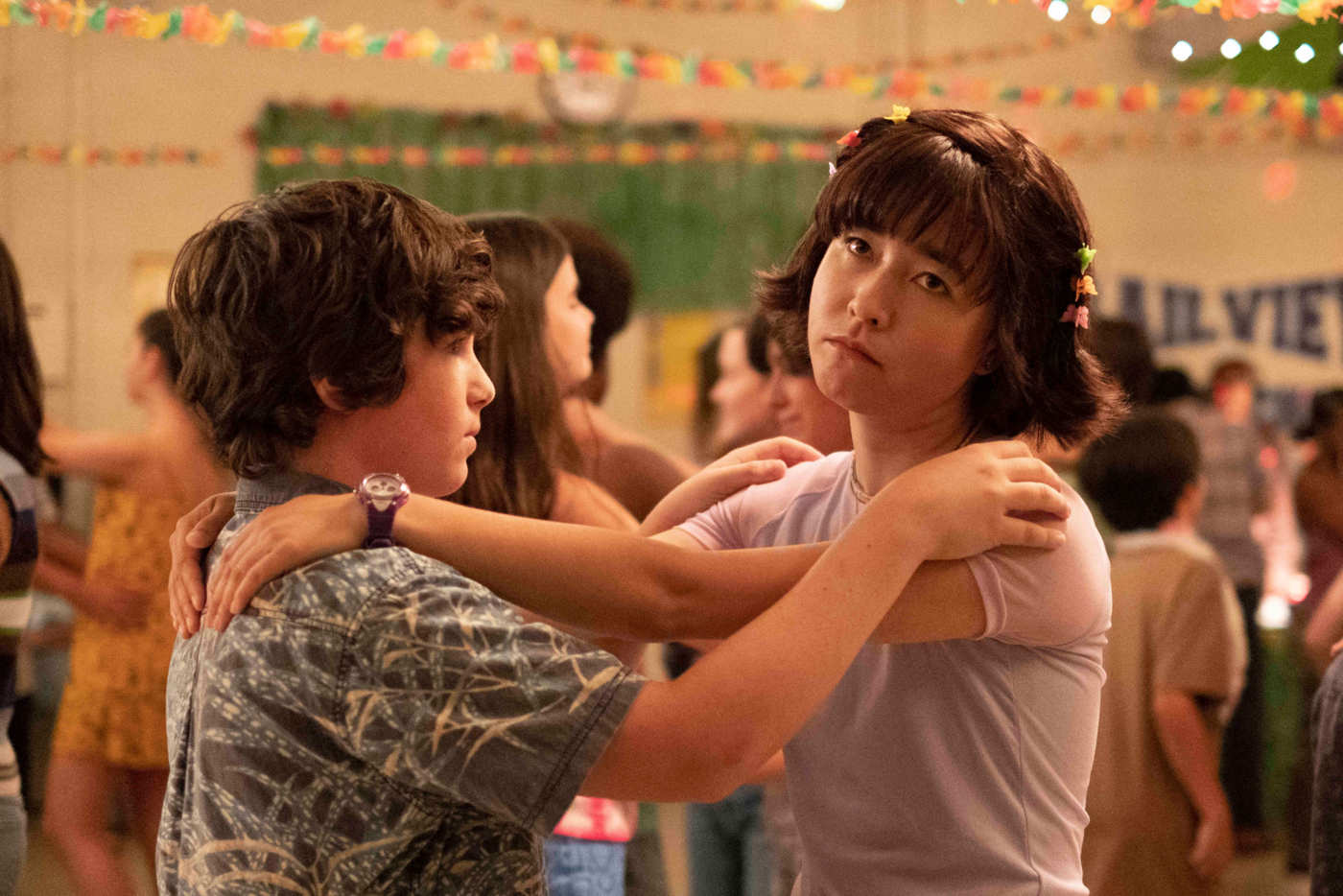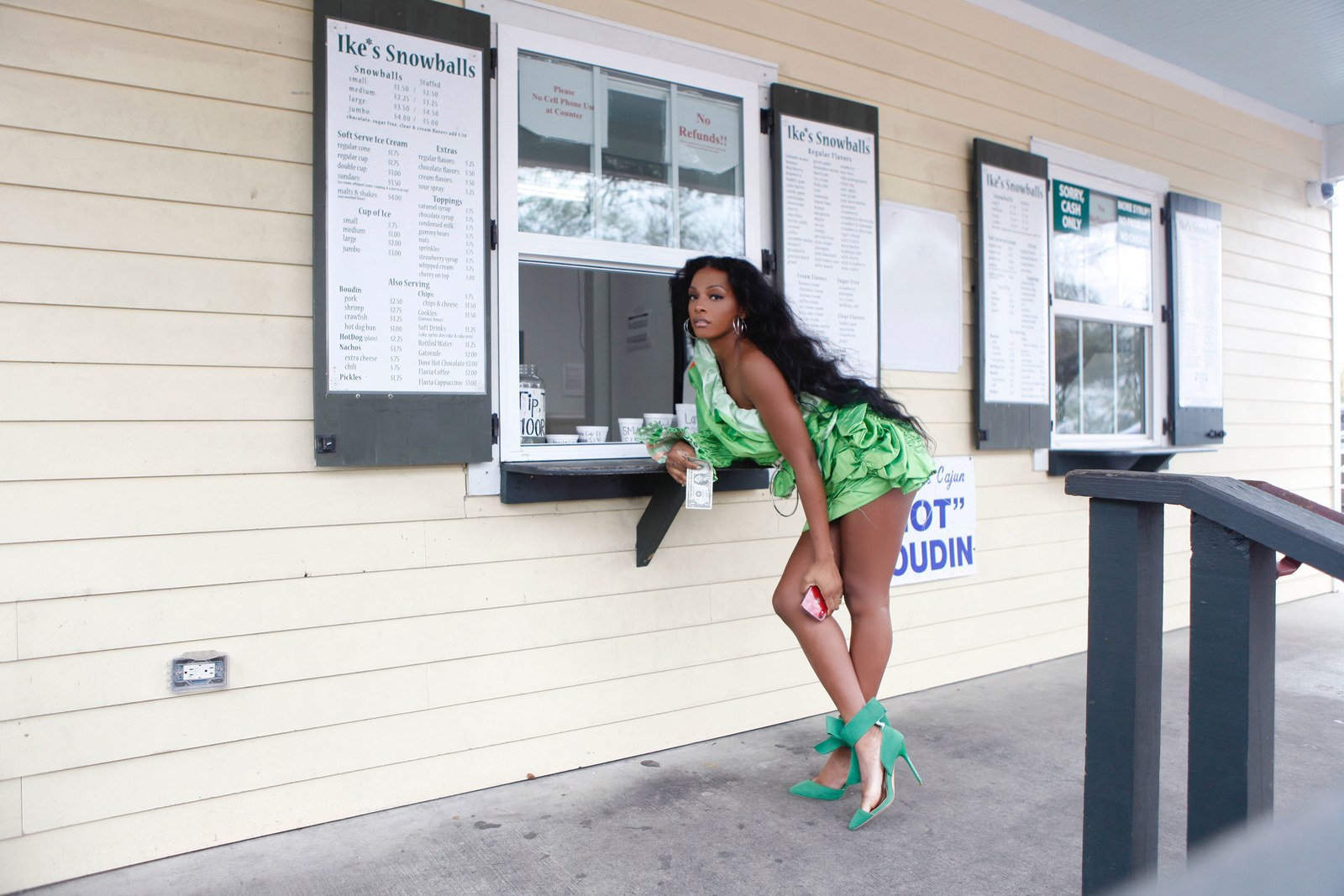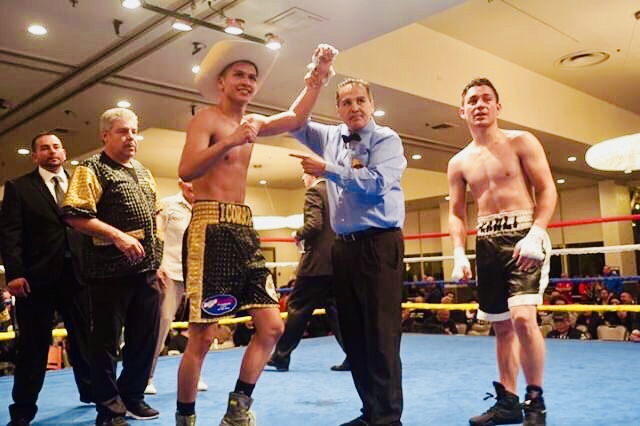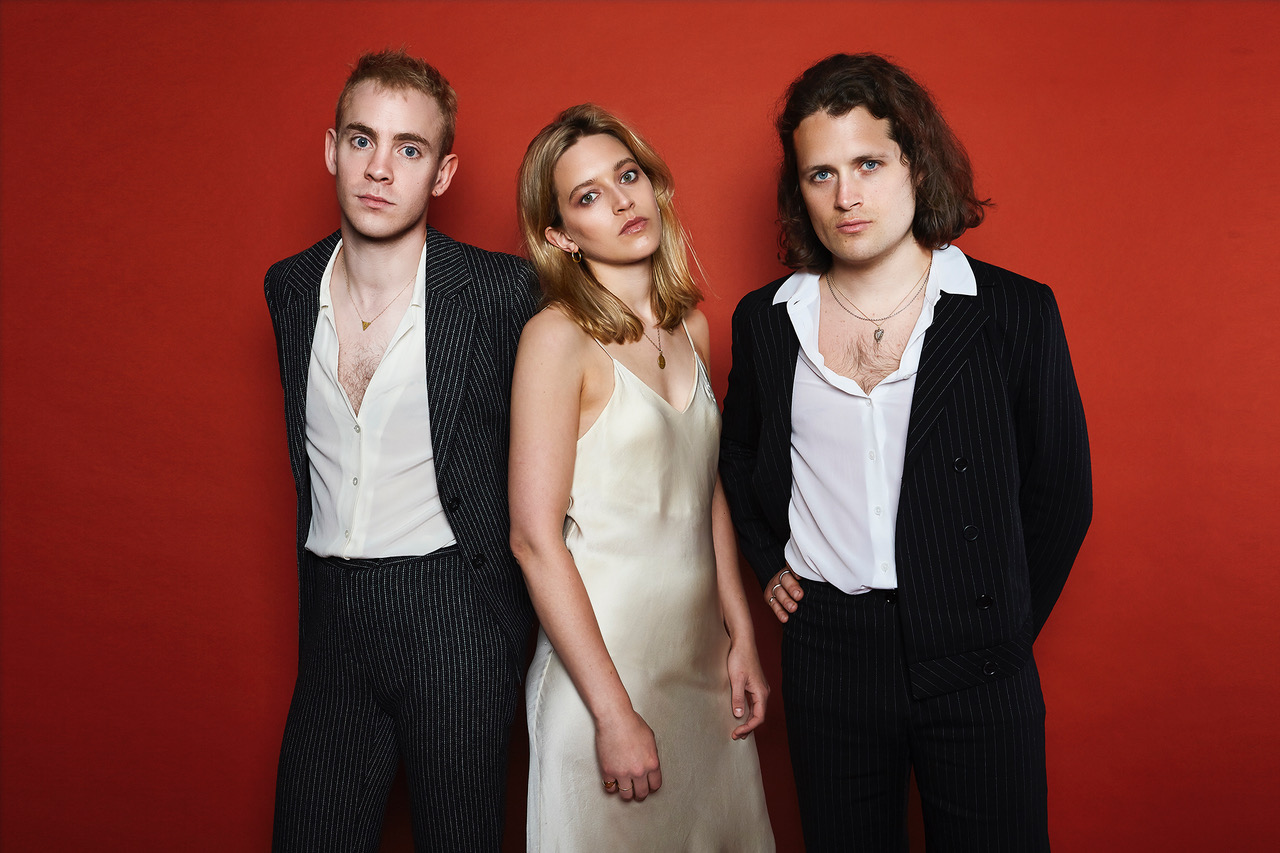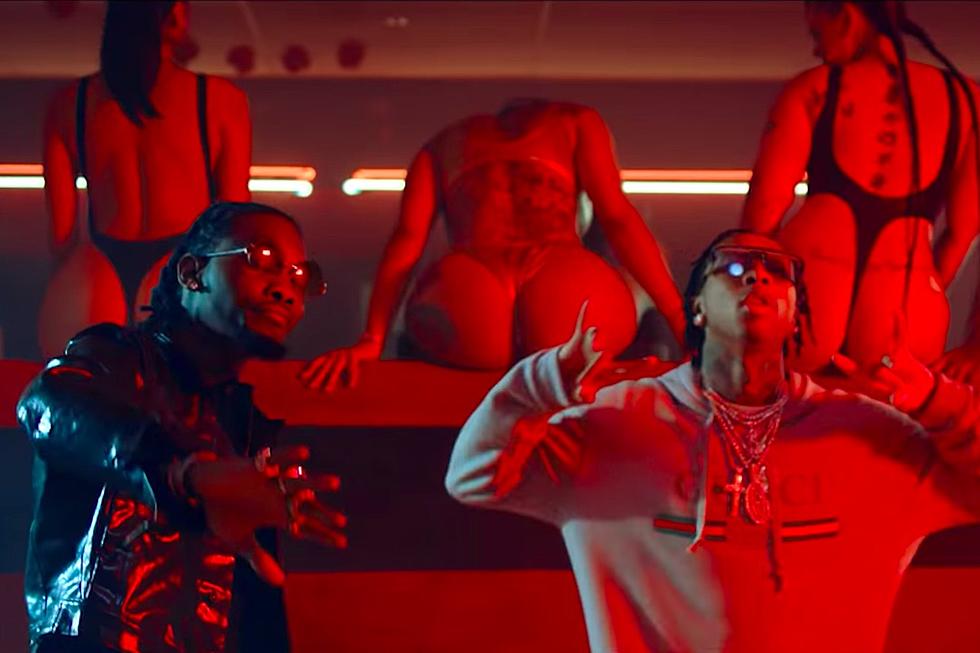
We all know, people are socialized through music.
Rap and Hip-hop overtook Rock music as the most listened-to genre in 2017, however Latin music is currently making its way to #1. Both genres have their respective origins with lyrically meaningful songs, but in present day, the lyrics have started drifting into the club scene with songs about drugs, partying and lyrically demeaning misogyny.
And yet, people keep dancing to these songs.
Music can be a vehicle to incite social change or it can be a distraction. With the negative undertones of increasingly offensive lyrics, listeners are exposed to messages that promote negative, misogynistic behavior and violence.
According to ARTSEDGE, music creates an atmosphere for dance that affects how the audience sees and experiences their environment. The message within the music could be correlated to how people feel and the actions people make. Repeated exposure to a media like music can teach perceptions and, later on, affect behavior towards others; a subtle way of giving these lessons is on the dance floor.
Why we dance theory #1
People generally don’t listen or pay attention to the lyrics. For some, the initial reaction to a song is to listen to the music and attach because of the feelings it encapsulates. Some may not even understand the lyrics and overlook the language barrier. For example, Spanish songs in Latin music, which get overlooked because they “sound good” to the ears. A common genre within this phenomenon is Reggaeton and Latin Trap music.
Songs like Trap Capos hit single “Cuatro Babys” went international with popularity. What it actually talks about is a man sleeping with four women who sleep with him under his command. This song got petitioned to be taken down back in 2016 because of the suggestive content. Over 18,000 signatures were gathered in support for the removal.
People get drawn in with the steady beat and the strum of the guitar, but the message is anything but subtle (if you can understand the true meaning of lyrics).
Why we dance theory #2
Music brings a certain energy out of people. For example, when people work out, it’s common to listen to Rap or Hip-Hop. And when people listen to Rave or Trap music, there is a certain surge of energy and sensation. People generally like to feel good.
In a study, a researcher observed that as people develop a sort of purpose where they note the behavior of others and then mimic that same behavior if it seems to be pleasing. If the music has other people doing risky, but cool things, other people will do it to just to experience the same feeling.
In Hip-Hop and Rap, rappers can be seen in the club spouting lyrics about “bitches,” “hoes,” or even referencing sex. They give the impression that they have it all because of what they do and who they do. This fixation on sexualization and domination is rooted in having power over another person.
https://www.instagram.com/p/Bumd3yyBGjL/
A lot of schools try to ban this kind of music at sports games or school dances such as Homecoming and Prom, but the sexual censorship doesn’t stop the way it makes people feel. Perhaps sexual empowerment is the power behind this energy even if it can be used negatively.
So should we continue to tolerate these lyrics and keep dancing? The real question then becomes: Are these lyrics harmful?
In a sense, yes, because of how we start to treat each other from the heightened perceptions from these derogatory messages. There isn’t a real way to censor this form of expression. Messages creep in through seemingly innocent pathways already. The only thing we can do is to be more aware and carefully read the lyrics of what we listen to.

